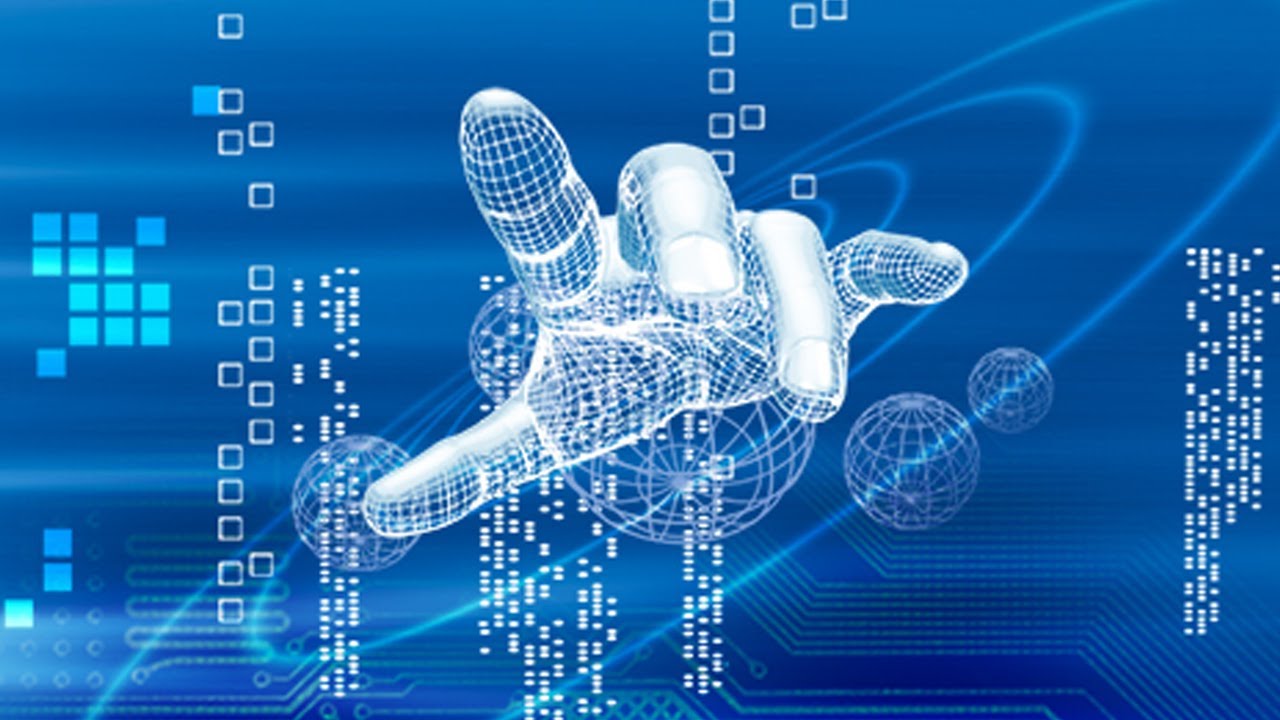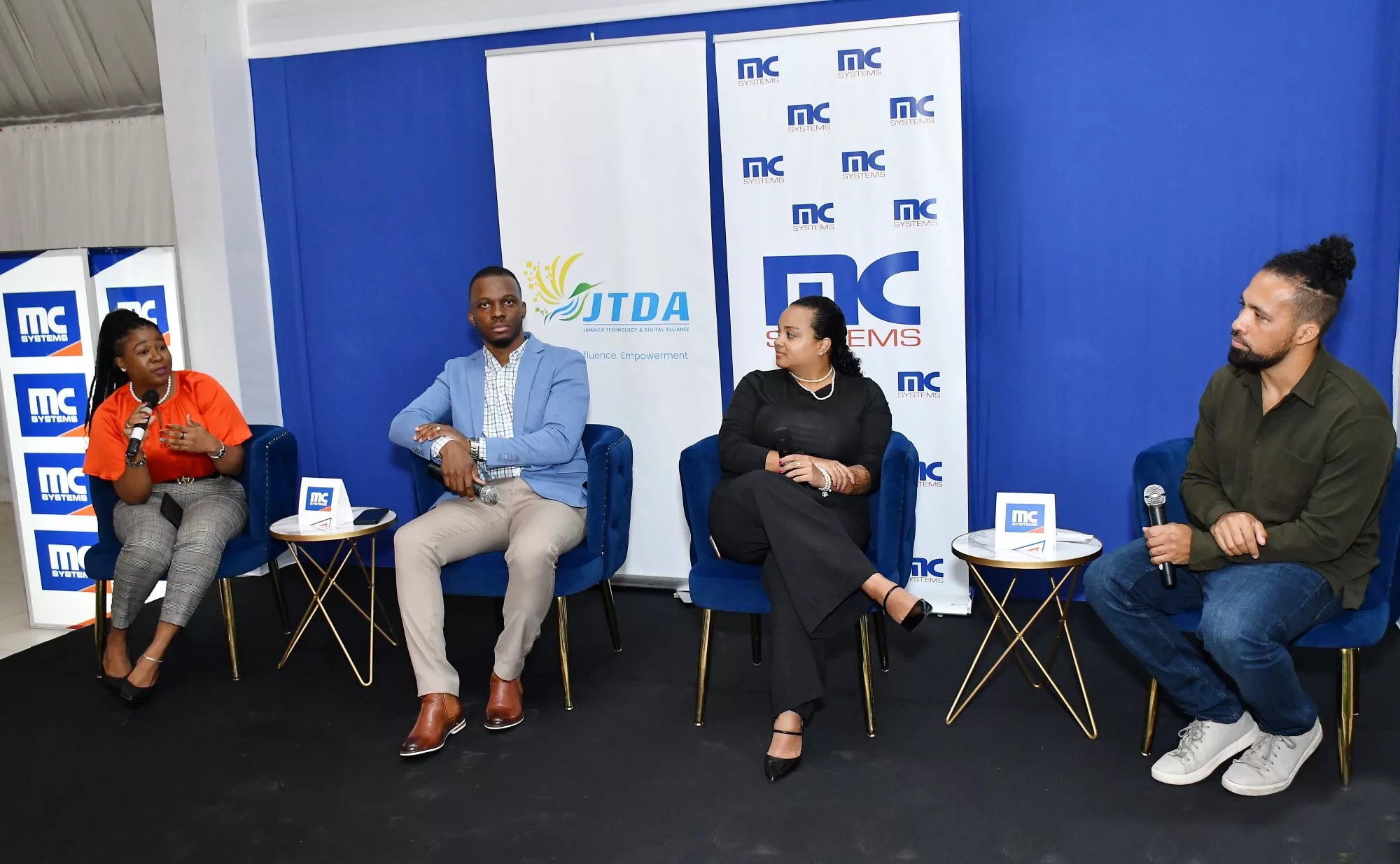Knowledge, Adaptability Important in Era of AI – Tech Experts
In an era of rapidly advancing Artificial Intelligence (AI), organizations must prioritize employee adaptability and knowledge to thrive, according to experts at the MC Systems and Jamaica Technology and Digital Alliance (JTDA) CIO Roundtable and Panel Discussion held at the Terra Nova Hotel on February 6.
While AI automates tasks and enhances decision-making, concerns about job displacement persist. However, panelists emphasized that AI should be viewed as an enabler, not a replacement. Employees who embrace AI and develop integration skills will gain a competitive advantage.
With AI adoption accelerating across industries, some employees fear that automation and machine learning technologies will eventually replace their roles. Roldane Henry, Infrastructure Services Lead at MC Systems, addressed these concerns, stating that while AI has transformative potential, its real impact depends on how well employees adapt to and integrate the technology into their workflows.
Roldane Henry, Infrastructure Services Lead at MC Systems stated that “There has been a lot of fear-mongering around AI, with many people saying it will replace human jobs,” Henry noted. “But AI is a tool, one that, when used effectively, enhances productivity. The key is to ensure that employees understand how to use AI to assist in their tasks rather than fear its presence.”
He stressed that success in the AI era will require employees to develop analytical skills and understand how to apply AI effectively. AI’s ability to improve forecasting, problem-solving, and operational efficiency is undeniable, but companies must ensure that their workforce is equipped to leverage AI’s capabilities in meaningful ways.
Organizations that prioritize continuous learning will be better positioned to harness AI’s potential. Melissa Lindsay, Manager, Tech Consulting at MC Systems, highlighted that in a rapidly evolving technological landscape, the ability to learn, unlearn, and relearn will be more valuable than any single technical skill.
She also emphasized that AI implementation should not be seen as a short-term fix but rather as a long-term investment in workforce transformation.
“Any technology introduced today sets the foundation for years to come,” she noted. “We need to ensure that AI adoption is not just about efficiency, but about helping employees understand how to integrate it into their work so they can make better decisions, complete tasks faster, and add more value to their roles.”
Beyond technical skills, AI will also reshape what employers look for in new hires. Dwayne Russell, Managing Director at MC Systems, noted that organizations are already seeing a shift in how employee productivity and skill sets are evaluated. He noted that “Businesses investing in AI do so because they want to make work more efficient, not to eliminate jobs, but to ensure that people and technology work together effectively.”.
He explained that companies making AI investments must also ensure that employees feel empowered to use AI tools rather than resist them. For AI to reach its full potential, organizations must integrate AI into their existing processes in a way that enhances human expertise rather than replacing it.
Experts concluded that as AI continues to revolutionize industries, the most successful organizations will be those that invest in people as much as they invest in technology. Businesses that embrace continuous learning, adaptability, and a strategic approach to AI implementation will be well-equipped to thrive in the future of work.
Insights:





